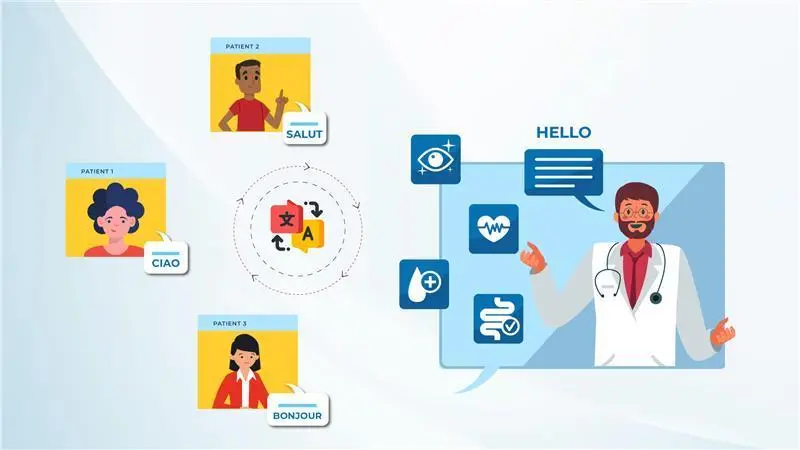Bridging Language Gaps in Healthcare
In an increasingly globalized world, the healthcare sector faces unique challenges related to linguistic diversity and cultural nuances. Clinical translations, a specialized branch of translation services, are critical for overcoming these challenges. They ensure accurate communication of medical information, facilitate cross-border collaborations, and ultimately improve patient outcomes. This blog delves into the importance of clinical translations, the challenges involved, and the role of experts like Transflow in delivering precise, reliable translation services.
Why Clinical Translations Are Essential
Healthcare and medical research rely heavily on the exchange of accurate and comprehensible information. Clinical translations are indispensable in areas such as:
Patient Care and Safety:
a. Multilingual patient populations often encounter difficulties understanding medical instructions, prescriptions, or consent forms.
b. Miscommunication can lead to misdiagnoses or improper treatment. Clinical translations bridge this gap, ensuring patients fully understand their medical care.
Regulatory Compliance:
a. Pharmaceutical companies and clinical research organizations must submit documents like drug trial reports, regulatory filings, and safety data sheets to international authorities.
b. These documents must adhere to local regulatory requirements and be presented in the local language, necessitating precise translations.
Global Research and Development:
The exchange of medical research findings across borders enables advancements in healthcare.
Translating clinical trials, case studies, and research papers into multiple languages ensures broader dissemination and collaboration.
Medical Device Usage:
a. Instructions for medical devices must be translated for global markets to ensure proper use and compliance with international standards.
b. Accurate translations help avoid misuse and associated risks.
Challenges in Clinical Translations
The stakes are high in clinical translations, and even minor errors can have serious consequences. Some challenges include:
Complex Terminology:
a. Medical terminology is highly specialized and differs across languages and regions.
b. Translators must possess deep subject-matter expertise to ensure accurate interpretation.
Cultural Sensitivity:
a. Beyond linguistic accuracy, cultural nuances play a significant role in how medical information is understood.
b. For example, concepts like pain management or mental health can vary widely between cultures.
Strict Deadlines:
a. The fast-paced nature of the healthcare industry often demands quick turnaround times.
b. Meeting deadlines without compromising quality requires a robust and efficient workflow.
Data Privacy:
a. Medical documents often contain sensitive patient information.
b. Translators must comply with stringent data protection regulations, such as HIPAA or GDPR, to maintain confidentiality.
The Role of Technology in Clinical Translations
Modern technology enhances the efficiency and accuracy of clinical translations. Tools like Computer-Assisted Translation (CAT), Translation Memory (TM), and terminology management systems streamline the process.
Transflow: Your Trusted Partner in Clinical Translations
At Transflow, we understand the critical role of accurate and culturally sensitive translations in the healthcare industry. Our team of expert linguists, with extensive experience in the medical field, ensures the highest quality standards for every project. Here’s how we stand out:
Specialized Expertise:
Our translators possess a deep understanding of medical terminology, regulatory requirements, and cultural nuances.
Comprehensive Services:
We offer a wide range of clinical translation services, including patient records, informed consent forms, medical device manuals, research papers, and more.
Stringent Quality Assurance:
Each translation undergoes multiple levels of review to ensure precision, consistency, and compliance with industry standards.
Confidentiality and Security:
Transflow is committed to maintaining the confidentiality of sensitive medical information, adhering to global data protection regulations.
Global Reach:
With a network of native-speaking translators across the globe, we provide localized solutions for diverse linguistic needs.
The Future of Clinical Translations
As healthcare becomes increasingly global, the demand for high-quality clinical translations will continue to grow. Emerging technologies, combined with skilled human translators, will pave the way for more efficient and accurate solutions. Companies like Transflow are at the forefront of this evolution, ensuring that language barriers never hinder access to healthcare.
Conclusion
Clinical translations are more than just a service—they are a lifeline that connects patients, healthcare providers, and researchers across the globe. They uphold the principles of accuracy, empathy, and professionalism, ensuring that critical medical information transcends linguistic and cultural boundaries. With Transflow’s expertise, you can navigate the complexities of clinical translations with confidence, fostering better communication and improved healthcare outcomes worldwide.




